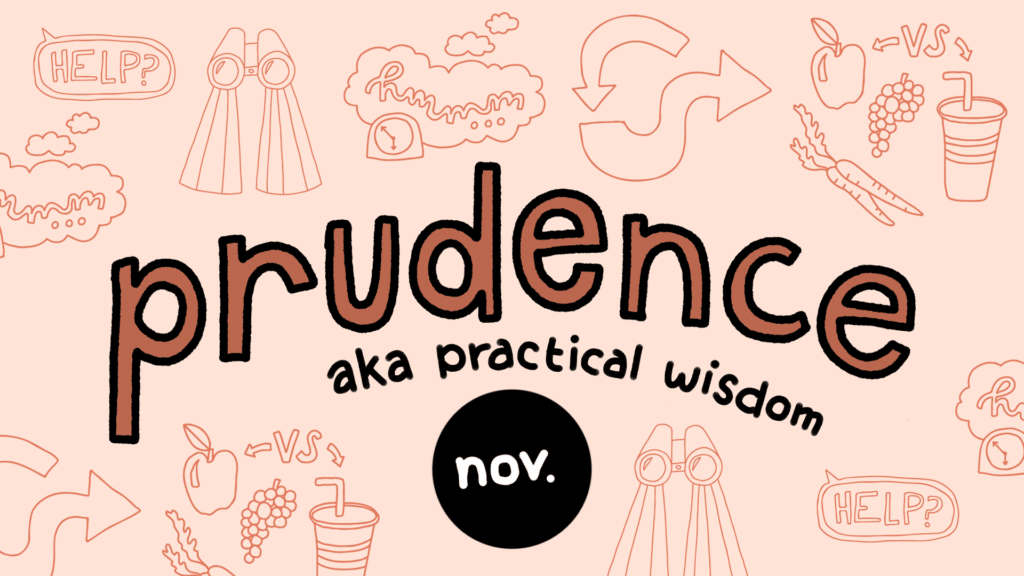Does the “stunning ignorance” of history and literature even matter? We at SLO Classical Academy believe it does! “Those who are ignorant of history are doomed to repeat it.”
Any thoughts or reactions?
By the way, SLO Classical Academy is about so much more than just teaching history. To be sure, we’re committed to that as well, but we’re also about fostering quality family connection, rich and rigorous classroom discussion, thoughtful integration of learning and life, character formation and so much more.
February 27, 2008
Survey Finds Teenagers Ignorant on Basic History and Literature Questions
Fewer than half of American teenagers who were asked basic history and literature questions in a phone survey knew when the Civil War was fought, and one in four said Columbus sailed to the New World some time after 1750, not in 1492.
The survey results, released on Tuesday, demonstrate that a significant proportion of teenagers live in “stunning ignorance” of history and literature, said the group that commissioned it, Common Core.
The organization describes itself as a new research and advocacy organization that will press for more teaching of the liberal arts in public schools.
The group says President Bush’s education law, No Child Left Behind, has impoverished public school curriculums by holding schools accountable for student scores on annual tests in reading and mathematics, but in no other subjects.
Politically, the group’s leaders are strange bedfellows. Its founding board includes Antonia Cortese, executive vice president of the American Federation of Teachers, a union that is a powerful force in the Democratic Party, and Diane Ravitch, an education professor at New York University who was assistant education secretary under the first President George Bush.
Its executive director is Lynne Munson, former deputy chairwoman of the National Endowment for the Humanities and former special assistant to Vice President Dick Cheney’s wife, Lynne.
“We’re a truly diverse group,” Mrs. Munson said. “We almost certainly vote differently, and we have varying opinions about different aspects of educational reform. But when it comes to concern that all of America’s children receive a comprehensive liberal arts and science education, we all agree.”
In the survey, 1,200 17-year-olds were called in January and asked to answer 33 multiple-choice questions about history and literature that were read aloud to them. The questions were drawn from a test that the federal government administered in 1986.
About a quarter of the teenagers were unable to correctly identify Hitler as Germany’s chancellor in World War II, instead identifying him as a munitions maker, an Austrian premier and the German kaiser.
On literature, the teenagers fared even worse. Four in 10 could pick the name of Ralph Ellison’s novel about a young man’s growing up in the South and moving to Harlem, “Invisible Man,” from a list of titles. About half knew that in the Bible Job is known for his patience in suffering. About as many said he was known for his skill as a builder, his prowess in battle or his prophetic abilities.
The history question that proved easiest asked the respondents to identify the man who declared, “I have a dream.” Ninety-seven percent correctly picked the Rev. Dr. Martin Luther King Jr.
About 8 in 10, a higher percentage than on any other literature question, knew that Harper Lee’s “To Kill a Mockingbird” is about two children affected by the conflict in their community when their father defends a black man in court.
In a joint introduction to their report, Ms. Cortese and Dr. Ravitch did not directly blame the No Child law for the dismal results but said it had led schools to focus too narrowly on reading and math, crowding time out of the school day for history, literature and other subjects.
“The nation’s education system has become obsessed with testing and basic skills because of the requirements of federal law, and that is not healthy,” Ms. Cortese and Dr. Ravitch said.
“You can be supportive of N.C.L.B. and also support strengthening the teaching of history and literature,” a spokeswoman for the Education Department, Samara Yudof, said. “It’s good to talk about expanding the curriculum, but if you can’t read, you can’t read anything at all.”
A string of studies have documented the curriculum’s narrowing since Mr. Bush signed the law in January 2002.
Last week, the Center on Education Policy, a research group in Washington that has studied the law, estimated that based on its own survey 62 percent of school systems had added an average of three hours of math or reading instruction a week at the expense of time for social studies, art and other subjects.
The Bush administration and some business and civil rights groups warn against weakening the law, saying students need reading and math skills to succeed in other subjects.











